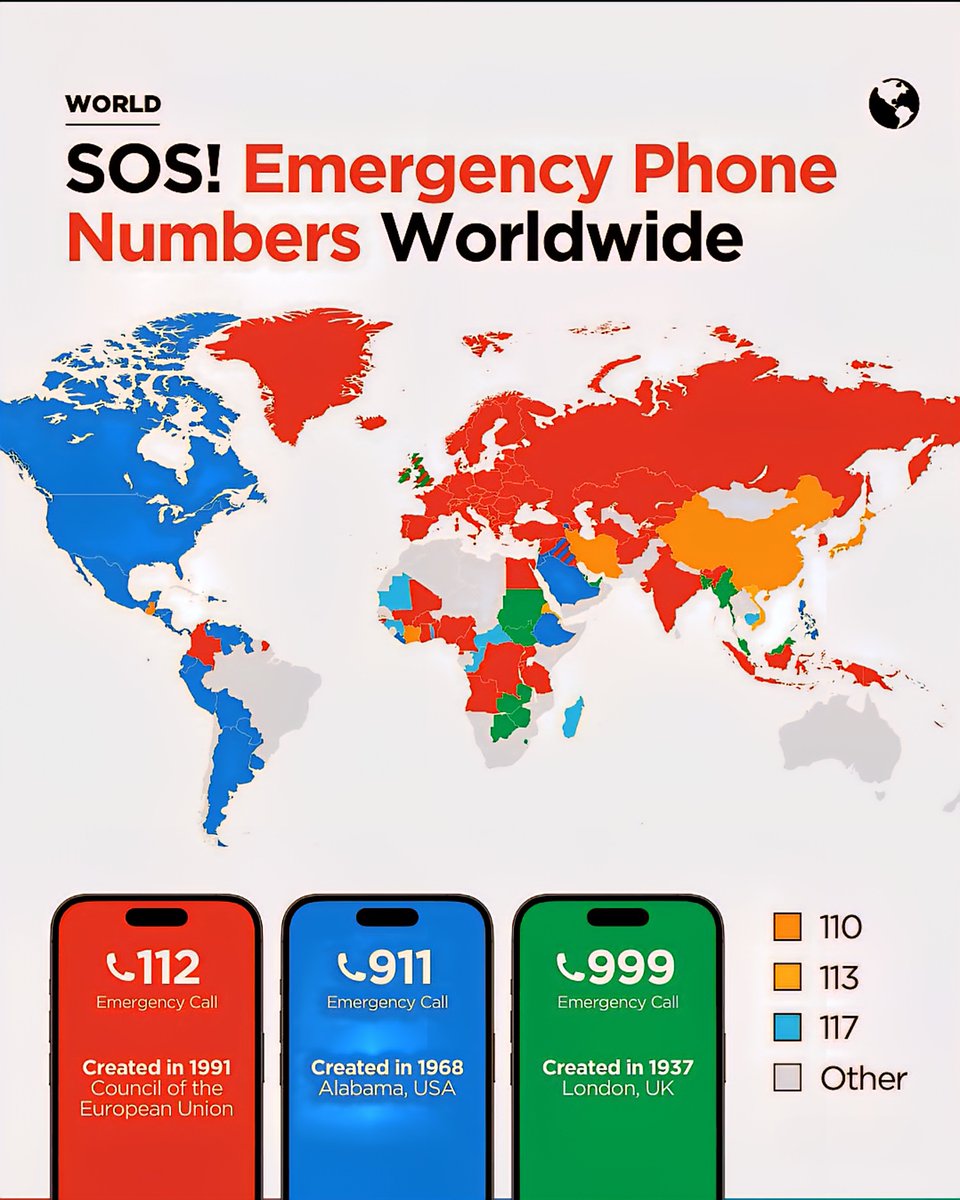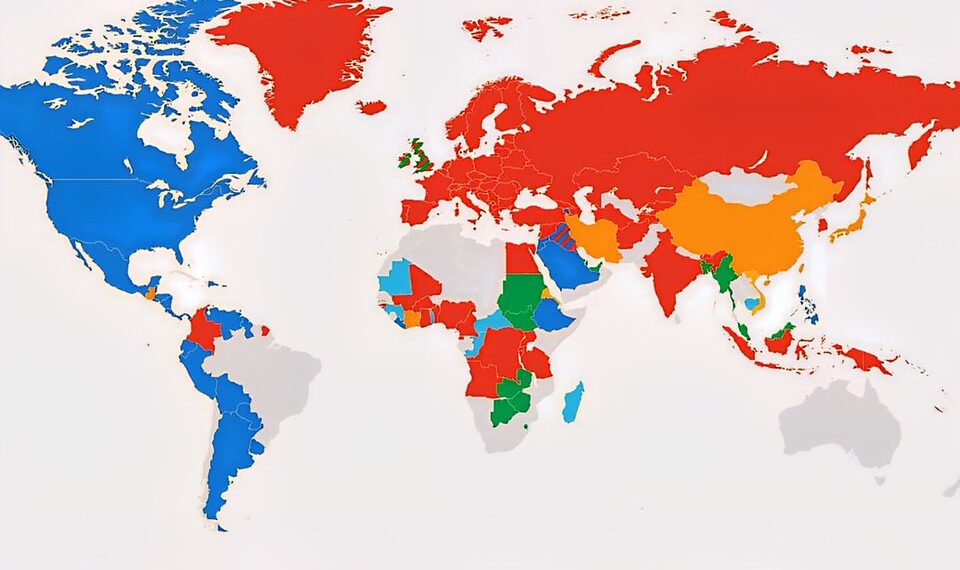Select Language:
Top Emergency Phone Numbers You Should Know Around the Globe

In today’s unpredictable world, knowing the right emergency contact numbers can make all the difference — whether you’re traveling abroad or living in your local community. Here’s a comprehensive list of iconic and vital emergency numbers you should always have at your fingertips in 2025.
1. United States – 911: The Universal Emergency Line
In the United States, dialing 911 instantly connects you to emergency services, including police, fire, and medical assistance. It’s a number every American should memorize. With the rise of smartphone technology, 911 services are increasingly equipped to locate callers precisely, but in some rural areas, call quality can vary. Remember, 911 is the go-to number in any urgent security or health crisis nationwide.
2. Canada – 911: Same as the U.S., Different Country
Canada follows the same protocol, with 911 serving as the national emergency contact. Whether you’re in Toronto or Vancouver, dialing 911 will connect you to police, fire, or paramedics. Foreign visitors should familiarize themselves with this number before traveling, as it’s the primary emergency contact across the country.

3. European Union Countries – 112: The Pan-European Emergency Number
Across the European Union, 112 is the essentielle emergency contact number. It is available in all EU member states, including France, Germany, Italy, and Spain, and can be dialed free from any mobile or landline. Keep in mind that when you call 112, your call is directed to the local emergency services serving your region.
4. United Kingdom – 999 and 112: The Historic and Modern Emergency Numbers
The UK has historically used 999 as the main emergency number. However, tourists and recent residents can now dial 112 as well — a number recognized across Europe, providing comprehensive emergency access. Both numbers connect to police, ambulance, fire, and rescue services.
5. Australia – 000: The National Emergency Line
In Australia, 000 remains the primary emergency contact for police, fire, and ambulance services. It’s essential for travelers and residents alike to know this number, especially given Australia’s vast and sometimes remote geography — quick access can be life-saving.
6. Japan – 119: Fire and Ambulance, 110: Police
Japan maintains two distinct emergency numbers:
- 119 for fire and ambulance services
- 110 for police assistance
Both numbers are toll-free and available 24/7. Travelers should save both to their phones during visits to Japan to ensure quick access.
7. India – 112: The New Unified Emergency Number
India transitioned to 112 as a unified emergency help line in 2019, combining police, fire, and medical services. This move aims to streamline emergency response efforts across the country, especially in the face of increased incidents requiring swift action.
8. Brazil – 190, 192, and 193: Specialized Emergency Lines
Brazil employs separate numbers for different emergencies:
- 190 for police
- 192 for medical emergencies
- 193 for fire services
Knowing these can significantly reduce response time when in vulnerable situations.
9. South Africa – 10177 and 112: Emergency Contact Numbers
South Africa uses 10177 for police assistance and 112 as a general emergency line. Both are effective and are being upgraded to improve response times and coverage, especially in rural and underserved areas.
10. Emergency Apps and Alternatives: Going Beyond Dialing Numbers
While traditional phone numbers remain vital, many countries now promote emergency apps, such as:
- My25 in the U.S., which sends alerts and allows users to quickly access emergency contacts
- Mobile alerts and location-specific services that dispatch help faster
Additionally, some regions deploy text-based emergency services for those with hearing impairments or when voice calls aren’t feasible.
Final Note: No matter where you are in the world, always verify current emergency numbers before traveling abroad, as they can change. Saving these numbers in your phone, along with relevant apps, can ensure you’re prepared in any crisis. Stay safe and stay informed!
Disclaimer: Contact emergency services responsibly; false reports can divert crucial resources from real emergencies.







